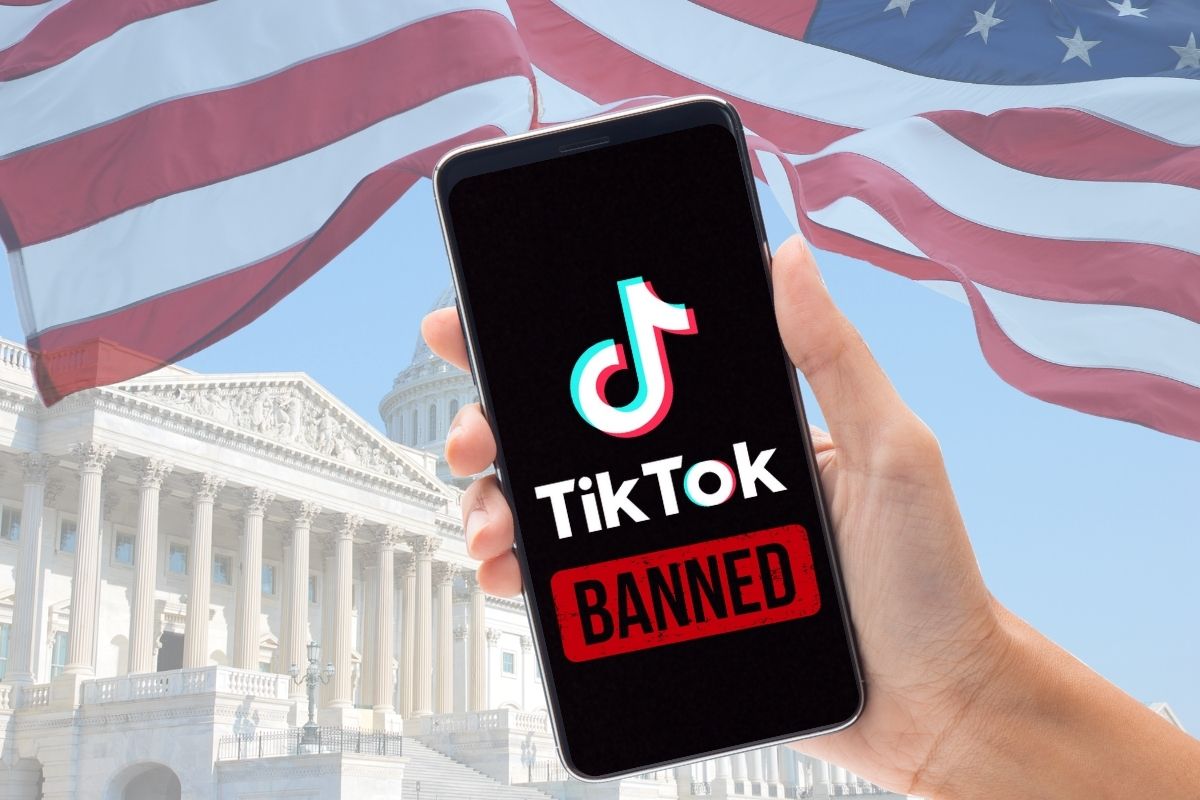

Emphasising the future of TikTok in the United States, the Supreme Court is currently looking at a crucial case balancing free expression rights against national security issues. Unless ByteDance, its Chinese parent firm, sells its U.S. business to a non-Chinese entity, the result could be a national ban of the app by January 19, 2025.
Congress passed the Protecting Americans from Foreign Adversary Controlled Applications Act (PAFACA), President Biden signed into law, in April 2024 This law requires that foreign-owned apps judged to pose national security concerns—like TikTok—must either be sold to a U.S. organisation or risk ban. The law is supposed to take effect on January 19, 2025 unless ByteDance satisfies the divestment requirements.
Based on TikTok’s Chinese ownership, the U.S. government argues that the Chinese government might have access to user data or influence content, therefore raising significant national security issues. TikTok stresses its dedication to user privacy and security, but it also argues that there is no proof of such abuse.
Along with its users and content creators, TikTok argues that a prohibition would violate First Amendment rights by stifling a forum utilised by almost 170 million Americans for expression and information sharing. They contend that such a severe action is not justified by the hypothetical nature of the government’s issues.
regarding January 10, 2025, the Supreme Court heard oral arguments regarding PAFACA’s constitutionality. Before the January 19 deadline, the justices are supposed to decide something. Especially, President-elect Donald Trump has indicated a possible change in the executive branch’s attitude to the matter by submitting an amicus brief asking a postponement in the ban’s execution to enable a political resolution.
Should the Supreme Court uphold the law and ByteDance neglect to divest, TikTok could be kicked off from app stores, therefore stopping fresh downloads and upgrades and resulting in a slow down in functionality. This begs issues about the balance between national security and free expression as well as about the precedent this situation generates for government control of digital channels.
Eventually, the Supreme Court’s decision on the ban of TikTok would significantly influence digital expression, national security policy, and internet business control. As the January 19 deadline approaches, users, content creators, and legislators expect a solution that might change the junction of technology and governance in the United States.
Mary Kate Cornett, a student at the University of Mississippi who is 18 years old,…
French doors have always been the epitome of elegance, effortlessly marrying functionality with aesthetics. Whether…
Distressed homeowners and real estate investors would most often fail to get finance from conventional…
Sydney Sweeney and fiancé Jonathan Davino have officially ended their nearly seven-year relationship, calling off…
South Korean actor Kim Soo-hyun held a press conference on March 31, 2025, to address…
As web portal development trends in 2025, we will notice an increase in Progressive Web…